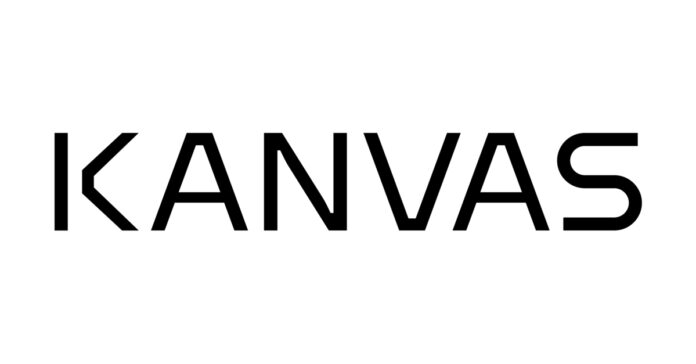PRINCETON, N.J.– Kanvas Biosciences, the leader in microbiome mapping technology, today announced it acquired two active therapeutics programs, a microbial library, and intellectual property from Federation Bio, a manufacturer of live biotherapeutics products (LBPs). This acquisition transitions Kanvas Biosciences from a technology company with a transformative spatial biology platform to a full-stack therapeutics company with active clinical programs and a new cell banking facility in South San Francisco. The deal also expands the company’s leadership and West Coast presence with the addition of Lee Swem, formerly Federation Bio’s Chief Science Officer, who joined Kanvas Biosciences as Chief Development Officer.
“Kanvas Biosciences is leading the way in understanding exactly how the microbiome benefits human health. This acquisition allows us to manufacture and clinically investigate complex microbial consortia much faster than previously envisioned. Rather than devote years to building a manufacturing process from the ground up, we’re thrilled to be able to positively impact patients’ lives much faster by acquiring these key technologies,” said Matthew Cheng, co-founder and CEO of Kanvas Biosciences. “The Kanvas Biosciences and Federation Bio teams have worked together synergistically for years on microbiome projects and I couldn’t be more excited about how much more we’re going to accomplish with our combined platform technologies.”
The microbiome plays a critical role in either improving or exacerbating a broad range of diseases such as auto-immune conditions, metabolic disorders, gastrointestinal disorders and cancer. While intervention with microbial therapies has proven effective at reducing some conditions caused by microbial dysbiosis – including the recurrence of C. difficile colitis – there remains a lack of tools for understanding the biology of and treatments for other microbiome-addressable diseases. By discovering and developing superior microbial therapies with different mechanisms of action, Kanvas’ therapies can act synergistically and safely with existing treatments to improve outcomes for microbiome-addressable diseases. Additionally, the company’s highly multiplexed spatial imaging technology (originally published in Nature) allows pharmaceutical, biotech and healthcare organizations to better understand microbiome-host interactions by providing a Google Maps-like experience for visualizing the native microbiome. The technology also provides a granular look into where an LBP engrafts and the metabolic functions it provides. With novel spatial biology and manufacturing platforms, Kanvas Biosciences is creating a first-in-category company capable of leveraging complex microbial therapies with hundreds of members simultaneously.
As part of the asset acquisition, Kanvas Biosciences will advance two core initiatives that improve the treatment of prevalent diseases:
- Immuno-oncology Program: Immunotherapy has increasingly become a standard therapy for many solid organ tumors such as melanoma, lung cancer and colon cancer, however many patients do not respond to the treatment. In collaboration with The University of Texas MD Anderson Cancer Center and the institution’s Platform for Innovative Microbiome and Translational Research (PRIME-TR), Kanvas Biosciences will design and manufacture a complex, synthetic microbiome-based therapy composed of fecal microbiota transplant (FMT) strains to enable more cancer patients to benefit from immunotherapy. With early pre-clinical data showing promising results, Kanvas Biosciences and MD Anderson will soon begin drug manufacturing.
- Inflammatory Bowel Disease Program: Kanvas Biosciences is working to produce therapies for many diseases associated with the microbiome, including inflammatory bowel disease, which impacts 1 in every 100 Americans. Kanvas Biosciences is currently exploring partnership opportunities to bring this program to patients.
“Our work with Federation Bio demonstrated our unique ability to engineer complex, synthetic microbial consortia. We look forward to building on that work with Kanvas Biosciences using their platform technology with the goal of further improving immunotherapy responses for patients with cancer,” said Jennifer Wargo, M.D., professor of Genomic Medicine and Surgical Oncology and director of PRIME-TR at MD Anderson. “This agreement allows us to accelerate an already productive collaboration, and we hope it will enable us to more quickly develop and manufacture more microbiome-based therapies for our patients.”


